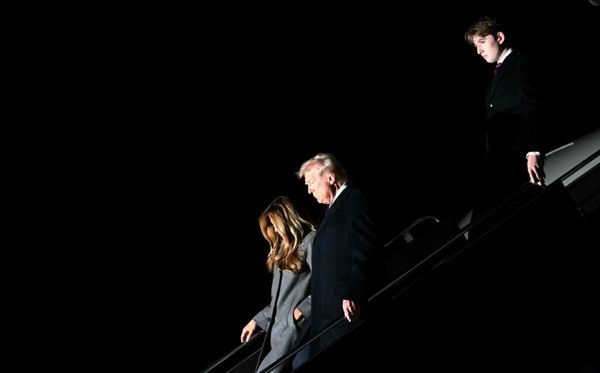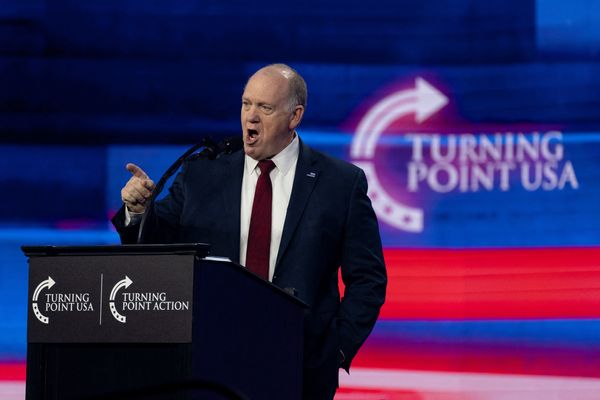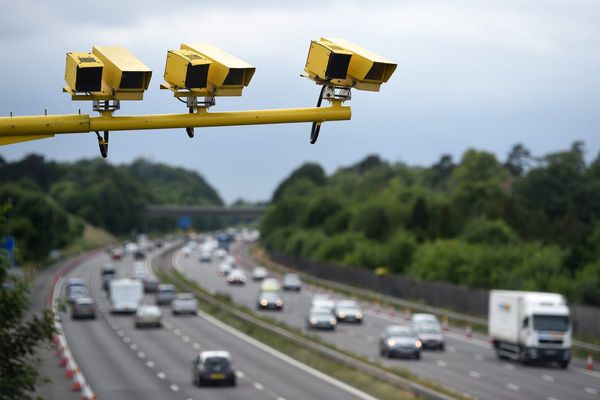The Supreme Court on Monday agreed to hear on July 17 an interim plea made by the Delhi government seeking a stay of the Lieutenant-Governor’s executive order “firing” 437 independent consultants of the Delhi Legislative Assembly.
Appearing before a Bench led by Chief Justice of India (CJI) D.Y. Chandrachud, senior advocate A.M. Singhvi and advocate Shadaan Farasat said the L-G’s order was passed pursuant to the promulgation of a central ordinance which gave the L-G control over ‘civil services’ in the national capital.
Also Read | The legality of the Delhi Ordinance
The interim application seeking relief for the 437 consultants was filed by the AAP government as part of its larger petition challenging the legality of the National Capital Territory of Delhi (Amendment) Ordinance, 2023.
“Their salaries have been stopped. They have stopped working… I am their employer, so I have come for interim stay of the executive order which is based on the ordinance,” Mr. Singhvi argued.
The Centre, represented by Solicitor General Tushar Mehta, countered that many of the consultants were party workers. “One of them is the wife of a sitting MLA,” Mr. Mehta alleged.
Senior advocate Sanjay Jain, for the L-G, said an Article 32 petition under the Constitution cannot be “converted” to challenge the firing of “independent consultants”.
Explained | How will the new Ordinance affect ‘services’ in Delhi?
A Bench of Chief Justice of India D.Y. Chandrachud and Justice P.S. Narasimha issued notice to the Centre and impleaded the Delhi L-G V.K. Saxena as a respondent in the petition against the Ordinance, which allows the L-G to appoint the officials in the national capital. The court directed the respondents to file their replies in two weeks.
Appearing for the AAP government, senior advocate A.M. Singhvi and Shadaan Farasat, said the National Capital Territory of Delhi (Amendment) Ordinance, 2023, effectively gave a carte blanche to the bureaucrats in Delhi to disobey their Ministers.
The Arvind Kejriwal-led Aam Aadmi Party (AAP) government has argued that the Ordinance was promulgated within just eight days of the Supreme Court’s May 11 verdict in favour of the authority of Delhi government to make laws and administer civil services in the national capital.
The May 11 judgment of a Constitution Bench led by CJI Chandrachud had limited the role of the Lieutenant Governor (L-G), an arm of the Centre, over bureaucrats in the capital to three specific areas — public order, police and land.
“The Ordinance has now wrested control over civil servants serving in Delhi from the Government of NCT of Delhi to the unelected Lieutenant Governor… It has done so without seeking to amend the Constitution, in particular Article 239AA, which holds that the power and control over services should be vested in the elected government,” the Delhi government, represented by advocate Shadan Farasat, has submitted.
Mr. Singhvi said the structure of the National Capital Civil Service Authority (NCCSA) envisaged the Chief Minister a “minority voice” in the governance of Delhi. The Chief Minister, though the chairperson of the NCCSA, was outnumbered by the Chief Secretary and Principal Home Secretary, who function as Member and Member Secretary, respectively.
The NCCSA exercises authority over civil service officers working in all Delhi government departments except those in public order, police and land. NCCSA would decide transfers, postings, prosecution sanctions, disciplinary proceedings, vigilance issues, etc, of civil service officers deputed to Delhi government departments by majority of votes of the members present and voting. The Lieutenant-Governor’s decision, in case of a difference of opinion, would be final.
The Ordinance was promulgated within days of a Constitution Bench judgment on May 11, which had upheld the Delhi government’s control over the civil servants.
The government said the Ordinance subverted the judgment without explaining why the court’s decision to give the authority over services to the elected government was wrong in law.
The government said that by giving the L-G a final say, the dual scheme of governance envisioned in Article 239AA has suffered a collapse. Under the Article, the L-G enjoys a discretion only in matters following outside the Delhi government’s legislative and executive domain. In all other issues, the L-G is bound by the aid and advice of the Council of Ministers. The May 11 judgment had said the dual arrangement was essential to preserve Delhi’s federal system of governance.







